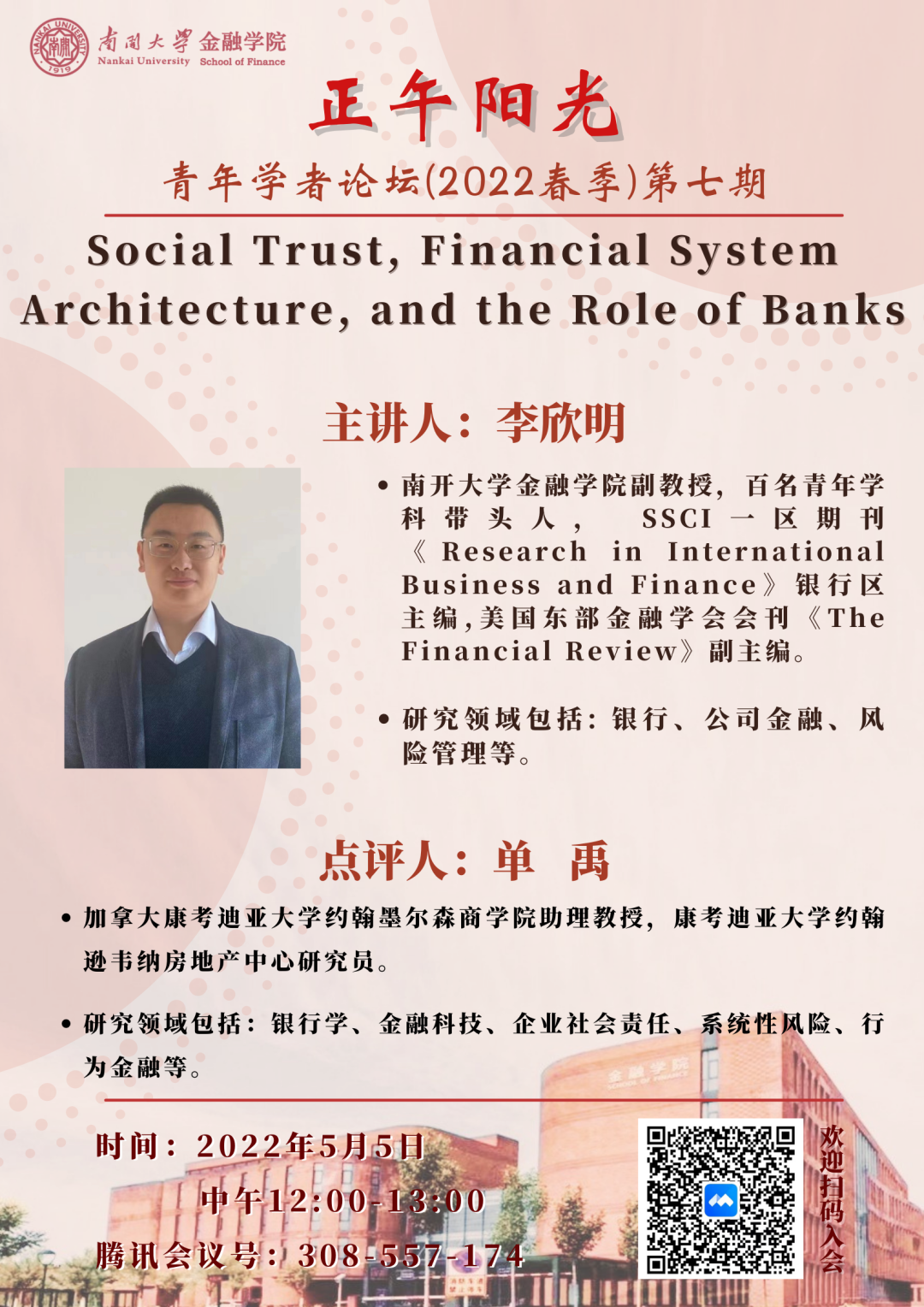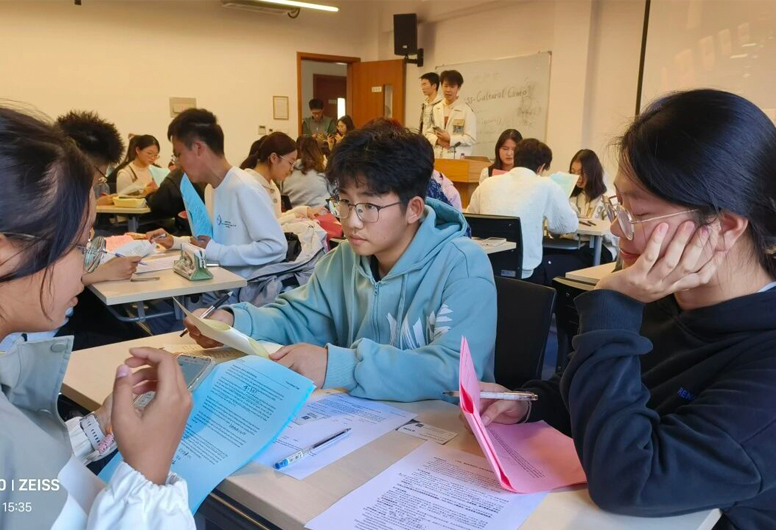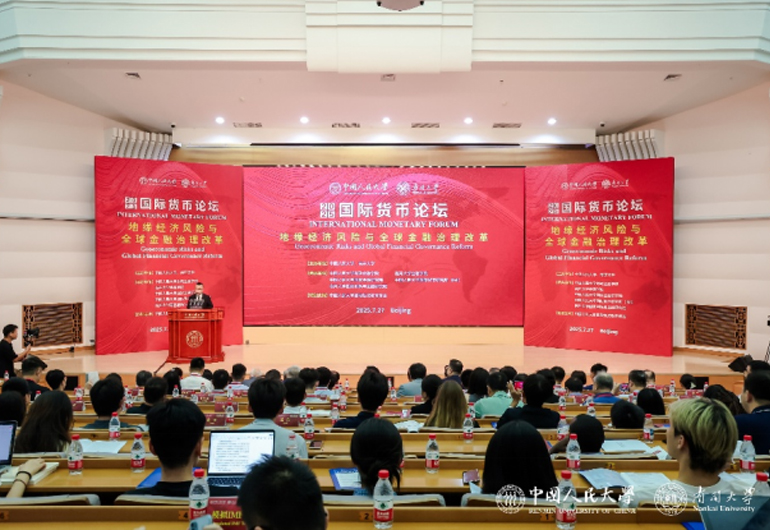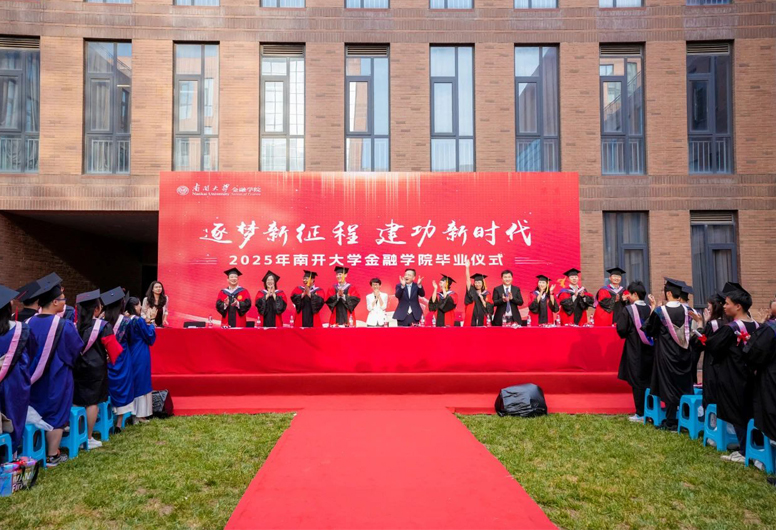Advance Notice: the Seventh Session of Noon Sunshine-Young Scholars Seminar (the Spring in 2022)
“Noon Sunshine-Young Scholars Seminar” is a regular academic exchange platform held by School of Finance. It aims to offer valuable occasions of communications among scholars in our college, between teachers and students, the domestic and the oversea. In this semester, we keep our original intention, and set off for a new voyage. We will devote ourselves to fostering the academic atmosphere in the college, and promoting the academic level for both teachers and students.
The seventh session of “Noon Sunshine-Young Scholars Seminar” for the Spring Semester in 2022 is arranged as follows:
Lecture topic
Social Trust, Financial System Architecture, and the Role of Banks
Keynote Speaker: Li Xinming
Associate professor of the School of Finance, Nankai University, one of the 100 Youth Discipline Leaders, young scholar of the Federal Reserve Board and the Association of Bank Regulators, chief editor of the banking sistrict of Research in International Business and Finance, associate editor of The Financial Review, and former consultant of the World Bank. His research interests include: banking, corporate finance, risk management, etc. Papers have been published in Journal of Financial and Quantitative Analysis, Journal of Financial Intermediation, Journal of Corporate Finance, Journal of Banking and Finance, Journal of Financial Stability and other international journals of finance. He is also a member of the Academic Committee of International Business, Southern Finance Association, Financial Management Association, Eastern Finance Association, Northern Finance Association and other international academic conferences. He presided one project of the National Natural Science Foundation of China and one project of the Humanities and Social Sciences Youth Fund of the Ministry of Education. His paper won the Best Paper Award of the 13th Asia-Pacific International Conference on Financial Markets.
Commentator: Shan Yu
Assistant professor at the John Morson School of Business at Concordia University, Canada, researcher at the Johnson Weiner Real Estate Center at Concordia University, Financial Risk Manager at the Global Association of Risk Management Professionals. He was an adjunct professor at the School of Economics and Management of the Chinese University of Hong Kong (Shenzhen), and will join the Whitman School of Management of Syracuse University as an assistant professor in August 2022. His research interests include banking, financial technology, corporate social responsibility, systemic risk, behavioral finance and other aspects of academic research. His research results have been accepted by Journal of Financial Quantitative and Analysis, and has been repeatedly presented and reported in international and domestic top academic conferences, central banks, universities and government agencies such as the American Finance Association, Midwest Finance Association, Northern Finance Association, China International Conference in Finance, Chinese Finance Annual Meeting, Federal Reserve Bank of Philadelphia and Bank of Israel. His dissertation won the Best Conference Paper Award (FinTech) at the 2021 China International Risk Forum, and the Outstanding Doctoral Dissertation Award at the Fordham University International Doctoral Symposium.

Date
Thursday, May 5th, 2022
Time
12:00-13:00
Tencent Meeting Code
308-557-174

Abstract
We examine the effects of social trust on financial system architecture for the first time, assessing how beliefs about honesty may help determine the mix among stocks, bonds, and bank financing in a country. We review the theory, which allows the effects of social trust to result in either a more market-based or bank-based financial system architecture. We then test which of these views empirically dominates using international panel datasets at both the national- and bank-levels. Both analyses yield strong, consistent results suggesting that more social trust statistically and economically significantly reduces bank output, which we measure using liquidity creation.








